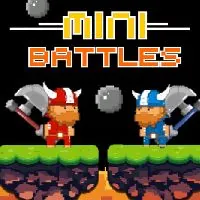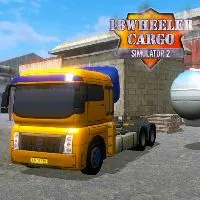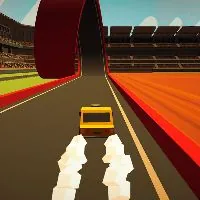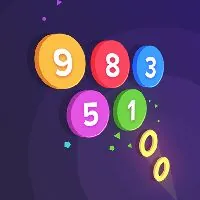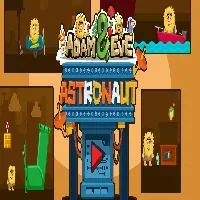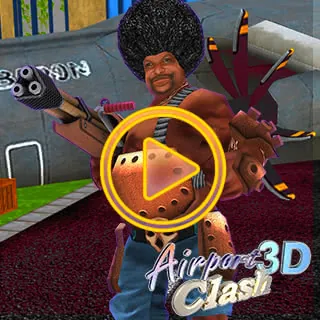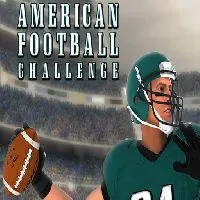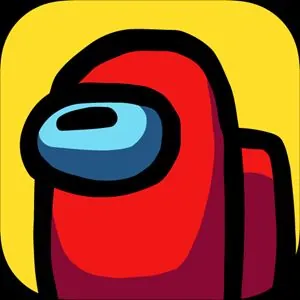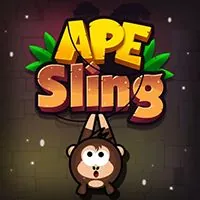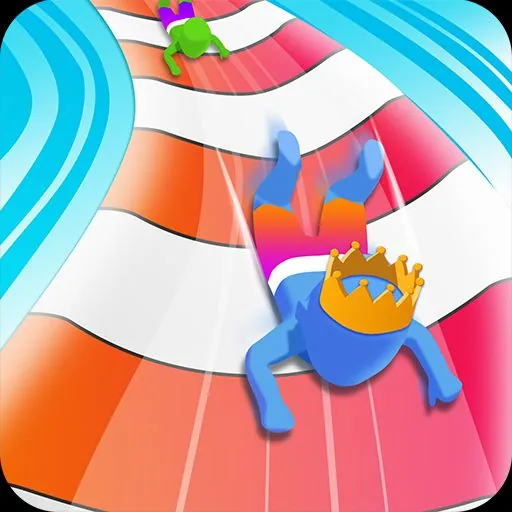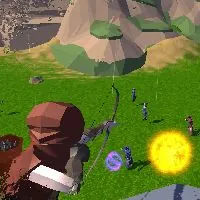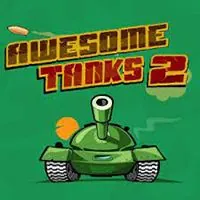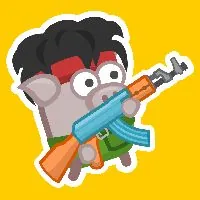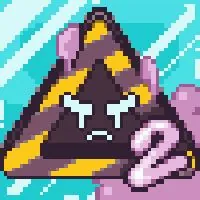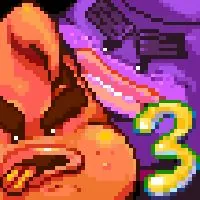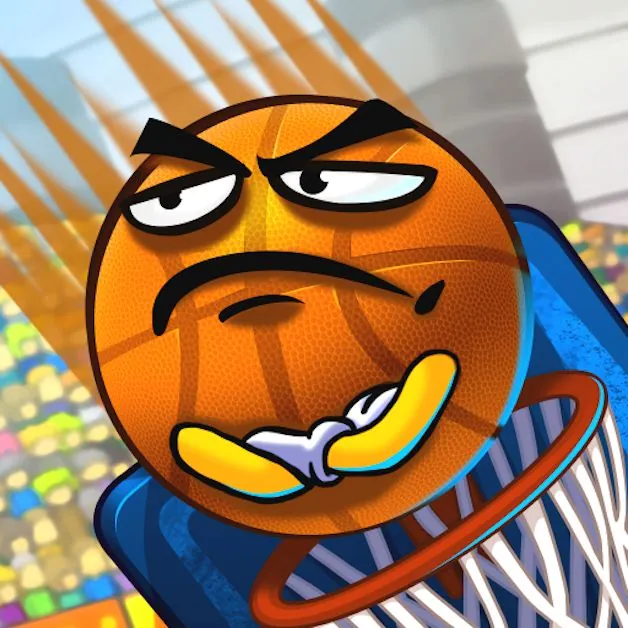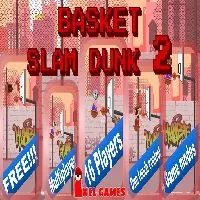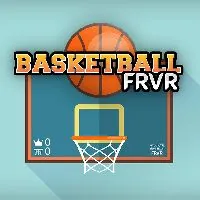MEOW MEOW LIFE
SIMILAR GAMES
Description
Meow Meow Life - GitLab Games
About Meow Meow Life - GitLab Games
In the ever-expanding universe of digital entertainment, where innovation constantly reshapes our interactive experiences, the emergence of unique and engaging gameplay mechanics stands as a testament to the creative spirit of developers. Today, we turn our attention to a fascinating confluence of concepts, exploring the intricate relationship between feline-themed simulation and the robust collaborative platform of GitLab. This exploration delves into the burgeoning landscape of "Meow Meow Life - GitLab Games," a conceptual frontier where the delightful charm of virtual cat ownership meets the powerful functionality of a leading software development system. We aim to dissect what such a fusion might entail, the potential benefits it could unlock for both casual players and development teams, and why this particular combination is poised to capture the imagination of a diverse audience. Our objective is to provide a comprehensive understanding of this niche yet potentially impactful area of digital interaction, offering insights that go beyond superficial observation to uncover the deeper synergies at play. We believe that by examining this unique intersection, we can illuminate new avenues for creative expression and collaborative endeavors within the digital realm. The core idea is to synthesize the inherent appeal of life simulation games, particularly those centered around beloved pets, with the sophisticated tools and community aspects that GitLab offers to its users.
The Allure of Virtual Feline Companionship
The enduring popularity of virtual pet simulations, especially those focusing on cats, is undeniable. These games tap into our innate desire for companionship, nurturing, and the simple joy of caring for a virtual creature. Players are drawn to the opportunity to experience the responsibilities and rewards of pet ownership without the real-world commitment. This often involves managing a pet's needs such as feeding, grooming, playing, and ensuring their overall happiness and health. The emotional connection that players form with their virtual companions is a significant driver of engagement. The satisfaction derived from watching a virtual pet grow, develop unique personalities, and interact with its environment provides a deeply rewarding gameplay loop. The customization options available in many of these games, allowing players to name, dress, and decorate the living spaces of their virtual pets, further enhance this sense of personal investment and ownership. These elements combine to create an immersive experience that resonates with a broad demographic, from younger players discovering the joys of responsibility to adults seeking a relaxing and emotionally fulfilling pastime. The intrinsic appeal of cats, with their enigmatic personalities, playful antics, and soothing purrs, makes them a particularly compelling subject for such simulations. The nuanced behaviors and distinct traits that can be simulated contribute to a more realistic and engaging experience, fostering a stronger bond between the player and their virtual feline friend. The continuous development and updates often seen in these games ensure a fresh and evolving experience, keeping players engaged for extended periods as new features, accessories, and interactions are introduced, further deepening the simulated relationship.
GitLab: A Platform for Collaboration and Innovation
GitLab, on the other hand, represents the pinnacle of modern software development collaboration. It is a comprehensive DevOps platform, offering a single application for the entire software development lifecycle. From planning and source code management to CI/CD, security, and monitoring, GitLab provides a unified and powerful environment for teams to build, test, and deploy software efficiently. Its robust version control system, based on Git, allows for seamless collaboration among developers, enabling them to track changes, merge code, and manage complex projects with ease. The platform's integrated issue tracking, merge request reviews, and project management tools foster transparency and streamline workflows, ensuring that every team member is on the same page. Furthermore, GitLab's continuous integration and continuous delivery (CI/CD) pipelines automate the build, test, and deployment processes, significantly accelerating the release cycles and improving the overall quality of software. The platform's emphasis on open collaboration and community involvement has also fostered a vibrant ecosystem of users and contributors, driving continuous improvement and innovation. The ability to host repositories, manage projects, and facilitate communication within a single, interconnected platform makes GitLab an indispensable tool for software development teams of all sizes, from small startups to large enterprises. Its extensive feature set and commitment to providing a holistic solution for the DevOps lifecycle have cemented its position as a leading force in the industry. The platform's flexibility and extensibility allow it to be adapted to a wide range of development methodologies and project requirements, making it a versatile and powerful asset for any development endeavor. The emphasis on security integrated throughout the development process further enhances its value proposition, providing peace of mind for organizations entrusting their critical projects to the platform.
The Synergy of "Meow Meow Life - GitLab Games"
The concept of "Meow Meow Life - GitLab Games" proposes a fascinating integration of these two seemingly disparate worlds. Imagine a virtual cat simulation game where the development and evolution of the game itself are managed through GitLab. This could manifest in several compelling ways. For instance, players could actively participate in the game's development process. Through GitLab's issue tracking system, players could report bugs, suggest new features, or even propose entirely new gameplay mechanics. This community-driven development approach would foster a highly engaged player base, giving them a tangible stake in the game's ongoing creation and improvement. Developers, in turn, would benefit from direct, structured feedback from their most passionate users, enabling them to prioritize updates and enhancements more effectively. The use of GitLab's merge request functionality could allow talented community members to contribute code, assets, or even design elements, with rigorous review processes ensuring the quality and coherence of the game. This collaborative model could lead to a game that is constantly evolving, adapting, and improving in ways that truly reflect the desires and creativity of its players. Furthermore, the game could incorporate elements that mirror the GitLab experience. Perhaps players manage their virtual cattery as a project, with different cats representing distinct features or modules. The "development" of a new cat breed could involve a series of "commits" or "pull requests" related to genetics, care routines, and behavioral traits. The "testing" phase might involve observing how the new cat interacts with the existing environment and other feline residents. This playful inversion of development principles into a game context would offer a unique and educational experience, introducing players to core concepts of software development in an accessible and entertaining manner. The potential for player-created content is immense, with GitLab's repository system providing a structured way for players to share and collaborate on their own custom cat breeds, accessories, or even mini-games within the larger "Meow Meow Life" ecosystem.
Enhanced Player Engagement and Community Building
By leveraging GitLab's collaborative features, "Meow Meow Life - GitLab Games" can foster an unprecedented level of player engagement. When players have a direct channel to influence the direction of the game, their investment deepens considerably. This isn't just about providing feedback; it's about actively contributing to the game's evolution. Imagine players voting on proposed features, submitting designs for new toys, or even participating in playtesting sessions that are integrated into the development workflow. This creates a powerful sense of ownership and community. Developers can create specific "issues" for desired features, allowing players to "comment" with their ideas, "upvote" popular suggestions, and even "assign" themselves tasks (perhaps conceptual ones, like designing the aesthetic of a new toy). The process of a new feature being implemented could be gamified, with players tracking its progress through the "merge request" pipeline, eagerly anticipating its integration. This level of transparency and participation transforms players from passive consumers into active co-creators. This approach not only leads to a game that is more aligned with player desires but also cultivates a loyal and passionate community. Discussions within GitLab's project management features can become vibrant forums for players to connect, share strategies, and collaborate on their virtual feline endeavors. The platform's wiki functionality could be used to build an extensive player-generated guide to "Meow Meow Life," covering everything from optimal cat care routines to advanced breeding strategies. This self-sustaining ecosystem of content creation and community interaction is a hallmark of successful online games, and GitLab provides the perfect infrastructure to support it. The potential for user-generated content extends beyond simple suggestions; imagine players collaborating on designing complex "cat behaviors" or even intricate "play scenarios," submitting them as merge requests for official inclusion.
Innovative Development Workflows
For the developers behind "Meow Meow Life - GitLab Games," the platform offers a structured and efficient way to manage the game's lifecycle. The comprehensive nature of GitLab means that all aspects of development, from initial design documentation and asset creation to coding, testing, and deployment, can be managed within a single, integrated system. This eliminates the need for disparate tools and workflows, leading to increased efficiency and reduced overhead. The version control capabilities ensure that all code changes are meticulously tracked, making it easy to revert to previous versions if necessary and to understand the history of development. The CI/CD pipelines can automate repetitive tasks, such as building the game for different platforms or running automated tests, freeing up developers to focus on more creative and complex aspects of game design. Furthermore, the robust review process inherent in GitLab's merge request system ensures that all contributions are scrutinized by team members, leading to higher quality code and fewer bugs. This structured approach is particularly beneficial for games that aim for continuous updates and expansions, as it provides a reliable framework for managing iterative development. The ability to integrate various tools and services within GitLab further enhances its utility. For example, integration with art asset pipelines or sound design tools can ensure a seamless workflow for all contributors. The project boards and issue tracking can provide clear visibility into the development roadmap, allowing the team to manage priorities effectively and to communicate progress transparently to the player community. This methodical and organized approach to game development ensures a stable and continuously improving player experience. The potential for automated quality assurance through sophisticated testing frameworks, managed within GitLab, can significantly reduce the likelihood of game-breaking bugs reaching the live environment, providing a consistently high-quality experience for all players.
Potential Gameplay Features and Mechanics
The conceptual integration of "Meow Meow Life - GitLab Games" opens the door to a wealth of unique gameplay features. Players could manage their virtual cat sanctuary as a "repository," with individual cats being like "branches" that can be developed and merged. The "master branch" could represent the stable, current state of the cattery, while "feature branches" could be used to experiment with new cat breeds, training techniques, or habitat designs. Releasing a new cat breed could be akin to a "merge request," where its characteristics and behaviors are reviewed and tested before being officially incorporated. Bug reporting by players could directly translate into "issues" within the GitLab project, complete with detailed descriptions and reproduction steps. Players could even be assigned "reporter" roles, allowing them to track the progress of issues they've identified. The game could incorporate elements of "project management" where players allocate resources (food, toys, vet care) to different "tasks" (cat grooming, play sessions, training). Leaderboards could track "commit velocity" for players who are most active in training and caring for their cats, or "issue resolution rates" for those who excel at diagnosing and addressing feline ailments. A "code review" mechanic could be implemented, where players can offer advice and feedback on each other's cat care strategies or habitat layouts, akin to code reviews. The "version history" of a cat's development could be visualized, showing its growth from a kitten to an adult, highlighting key milestones and personality shifts. Imagine a "CI/CD pipeline" for new toy designs, where a player submits a design, it goes through automated "testing" (e.g., a simulation of a cat interacting with it), and then is potentially "deployed" to the game world. The potential for collaborative storytelling within the game, where players contribute to evolving narratives about their cats, could be managed through a wiki-like interface within the GitLab project, allowing for collective world-building. The very act of managing a complex virtual ecosystem, with interdependencies between cats, resources, and environment, mirrors the complexities of managing a software project, offering a unique and insightful gameplay experience. The introduction of "milestones" could signify major game updates or expansions, with players eagerly anticipating the completion of these development goals.
Conclusion: A New Frontier in Digital Entertainment
In conclusion, the concept of "Meow Meow Life - GitLab Games" represents a pioneering approach to digital entertainment. By synergizing the inherent appeal of virtual cat simulation with the powerful, collaborative capabilities of GitLab, we unlock a new frontier of player engagement and innovative game development. This fusion offers a unique avenue for players to not only enjoy the charm of feline companionship but also to actively participate in the creation and evolution of their virtual world. The potential for a deeply interactive and community-driven gaming experience is immense, promising a game that is constantly growing, adapting, and reflecting the collective creativity of its user base. The structured environment provided by GitLab ensures efficient and transparent development, leading to a higher quality and more responsive gaming experience. As digital platforms continue to evolve, such integrations of seemingly disparate technologies hold the key to future innovations in how we play, create, and connect. We believe that "Meow Meow Life - GitLab Games" has the potential to redefine what it means to be part of a gaming community, fostering a shared sense of purpose and accomplishment among players and developers alike. The exploration of this concept is not merely theoretical; it is a glimpse into a future where entertainment is more participatory, collaborative, and deeply personal. The underlying principles of effective collaboration and continuous improvement, embodied by GitLab, are directly translated into a fun, engaging, and ever-evolving virtual pet experience. This approach promises a game that is not just played, but actively built and cherished by its community, establishing a new benchmark for player involvement and developer transparency in the world of interactive entertainment.
Play Meow Meow Life for free on GitLab Games, where we offer a dynamic platform featuring thousands of the best unblocked games online. Our extensive library ensures pure enjoyment with an ad-free experience, keeping you immersed in the action without distractions. Accessible from school, work, or home, our Gitlab games deliver seamless fun anywhere you are. We’ve streamlined the experience—play effortlessly with your keyboard or a simple click, tailored to how you like to game. Dive into our collection of unblocked games, including popular categories like unblocked games 66, unblocked games wtf and cool math games Gitlab, and enjoy entertainment that’s always within reach and endlessly captivating.
